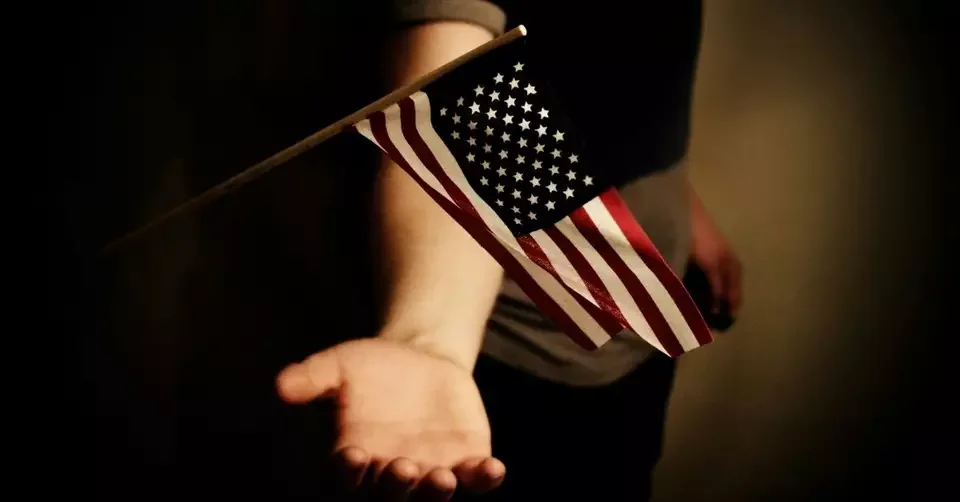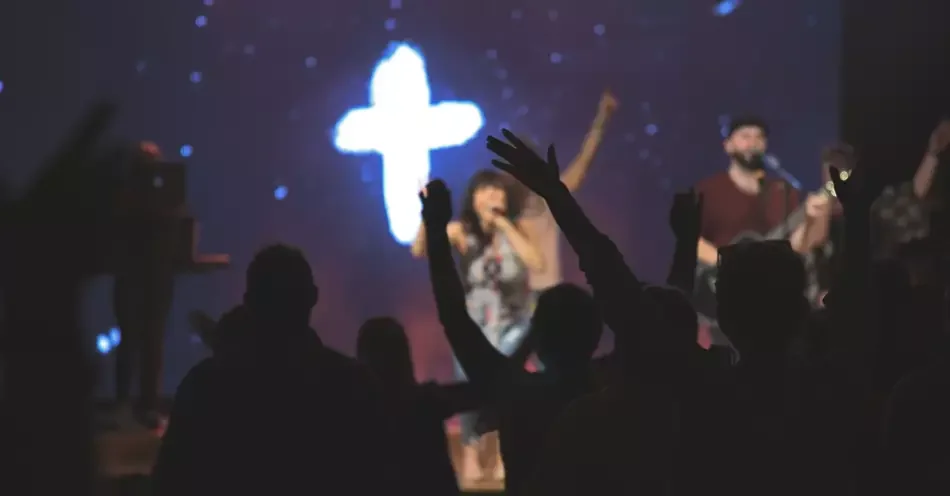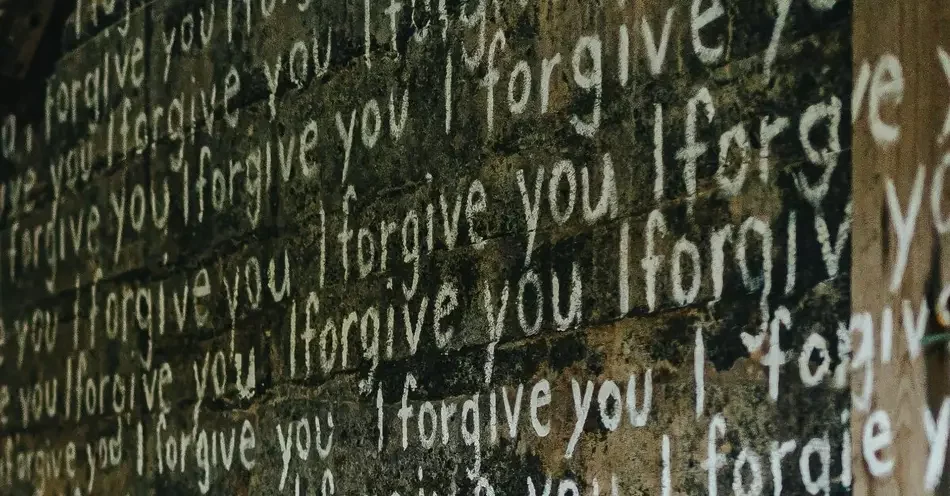
A Biblical Call to Deeper Waters
As the new year dawns, feelings of discomfort and restlessness may signal a divine invitation to deeper spiritual growth and transformation. Discover why embracing these transitions, even through challenging passages, leads to greater purpose and fulfillment.

The Challenges of Discipleship in an Age of Distraction
Why formation—not fatigue—is the Church’s quiet crisis

Will the Church Choose Reaction or Revival in 2026?
In a world of constant clamor and urgent issues, the Church risks being strategically misdirected by engaging in perpetual reaction rather than focused spiritual formation. Discover how to discern true battlefronts and preserve moral authority by choosing faithfulness over endless contention, ensuring the Church is not outwitted but remains a steadfast force for God's Kingdom.

When Hope Feels Thin and the Year Has Felt Long
As Christmas lights glow and another year closes, many believers carry quiet fatigue and unanswered questions. What does faith look like when the world feels fragile—and hope feels costly?

Rediscovering the Sacred Power of Conversation
In a world dominated by screens, the art of meaningful conversation is fading, leading to increased loneliness and fractured communities. This holiday season, rediscover the power of genuine connection by prioritizing heartfelt dialogue over digital distractions.

The Spirit of Tribalism Causing Division in America
The loudest voices want loyalty to a side. But the gospel calls us to something far deeper and far more costly.

What Happens When Worship Songs Replace Sermons?
Worship is an integral part of our relationship with God, preparing our hearts to grow deeper in our understanding of His Word and work in our lives.

What if Forgiveness Is the Key to Your Own Freedom?
True forgiveness isn’t letting someone off the hook. It’s how Christ sets you free—and why it matters more than you think.

Why Would We Settle for Christianity Lite?
Has the Western Church traded truth for trends? When comfort replaces conviction, the mission of Christ stalls.
